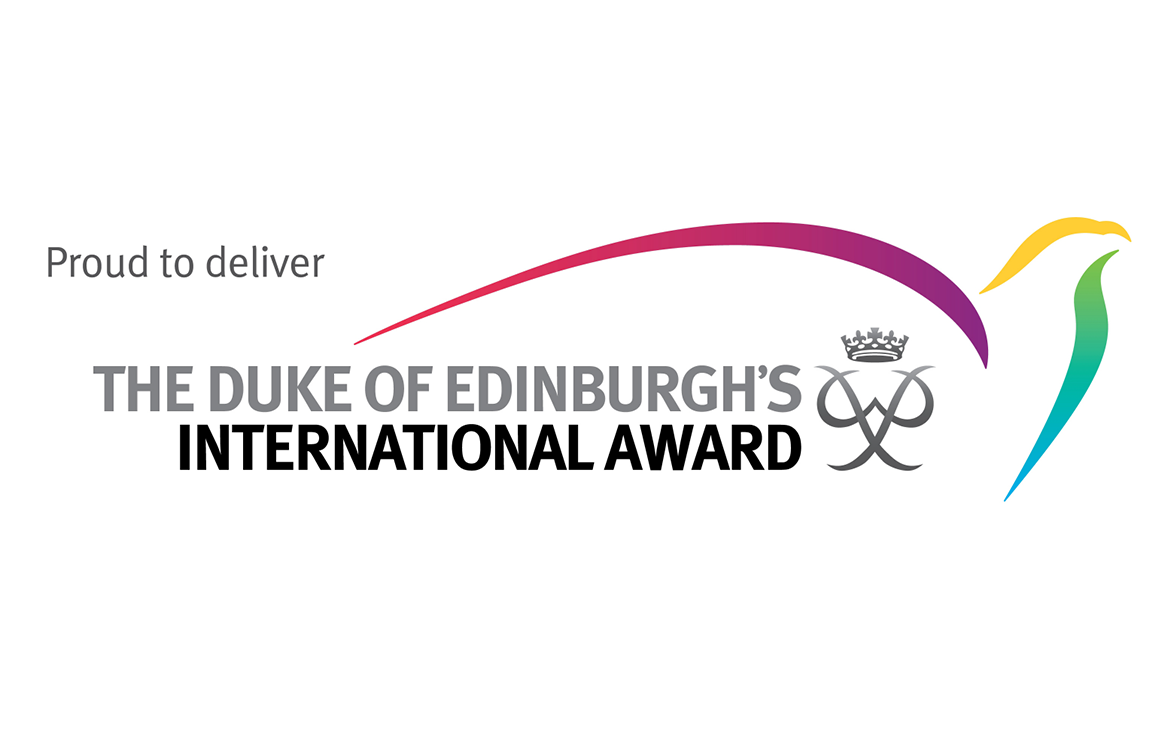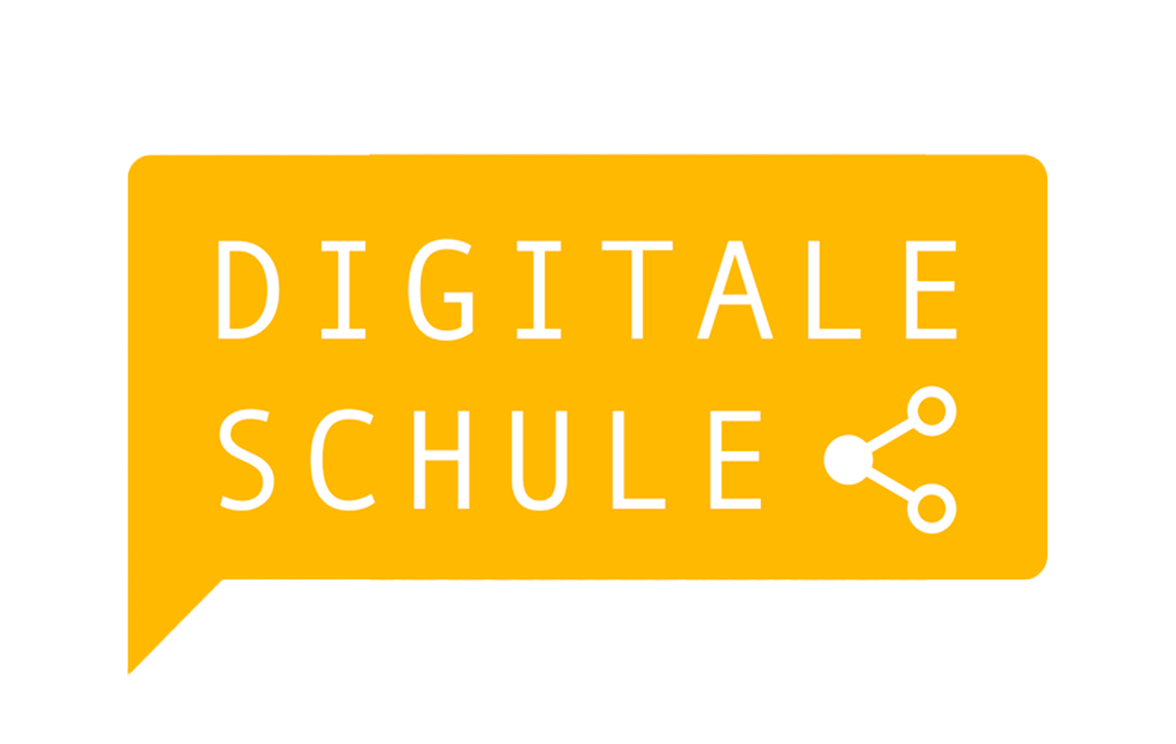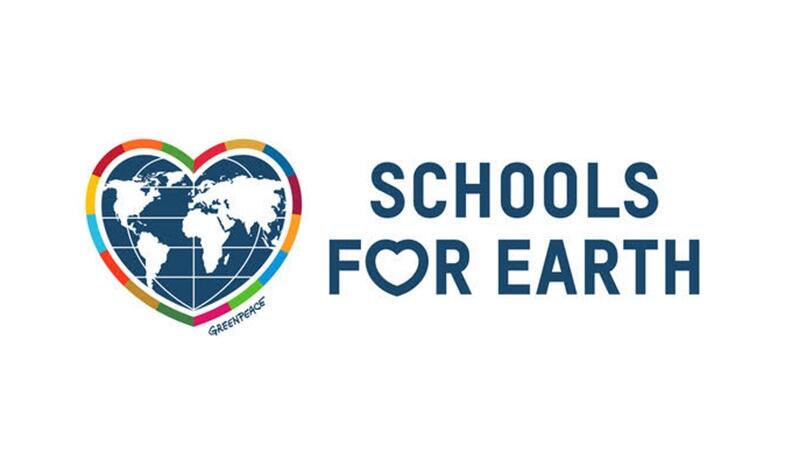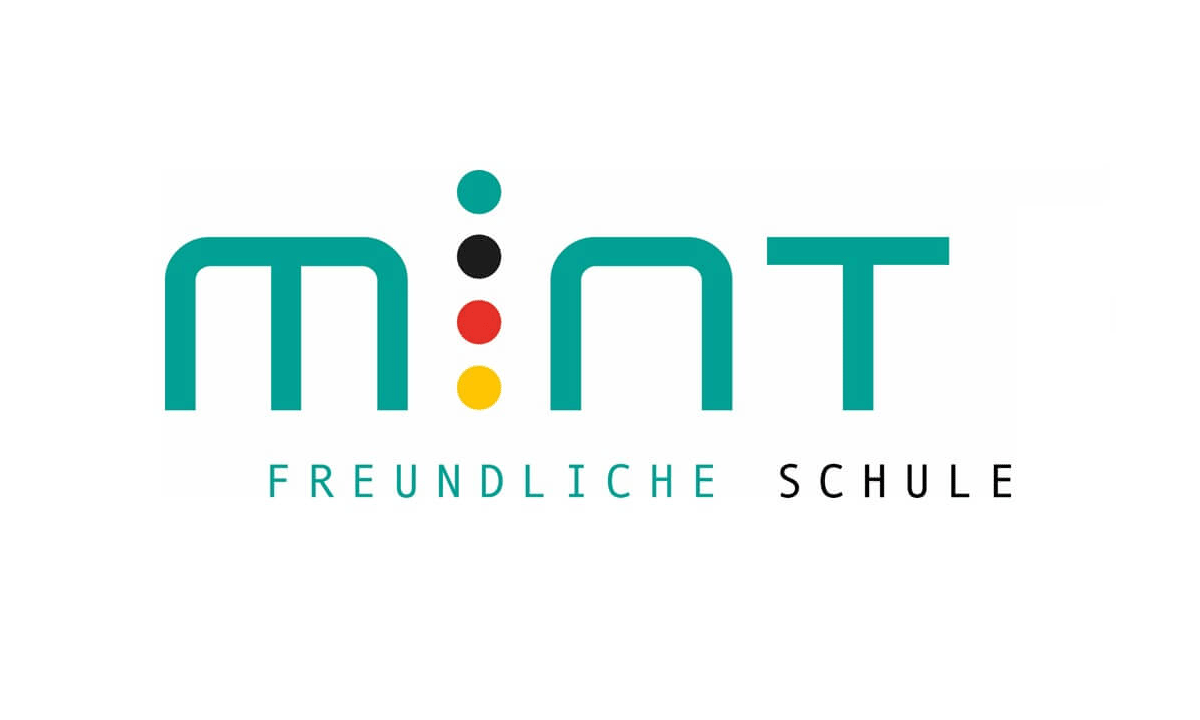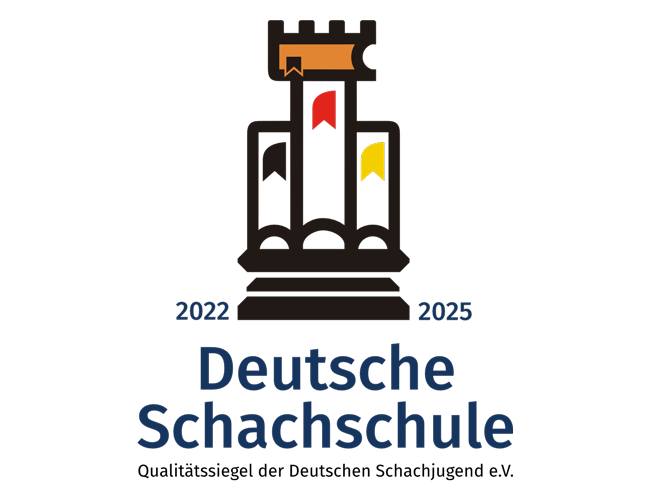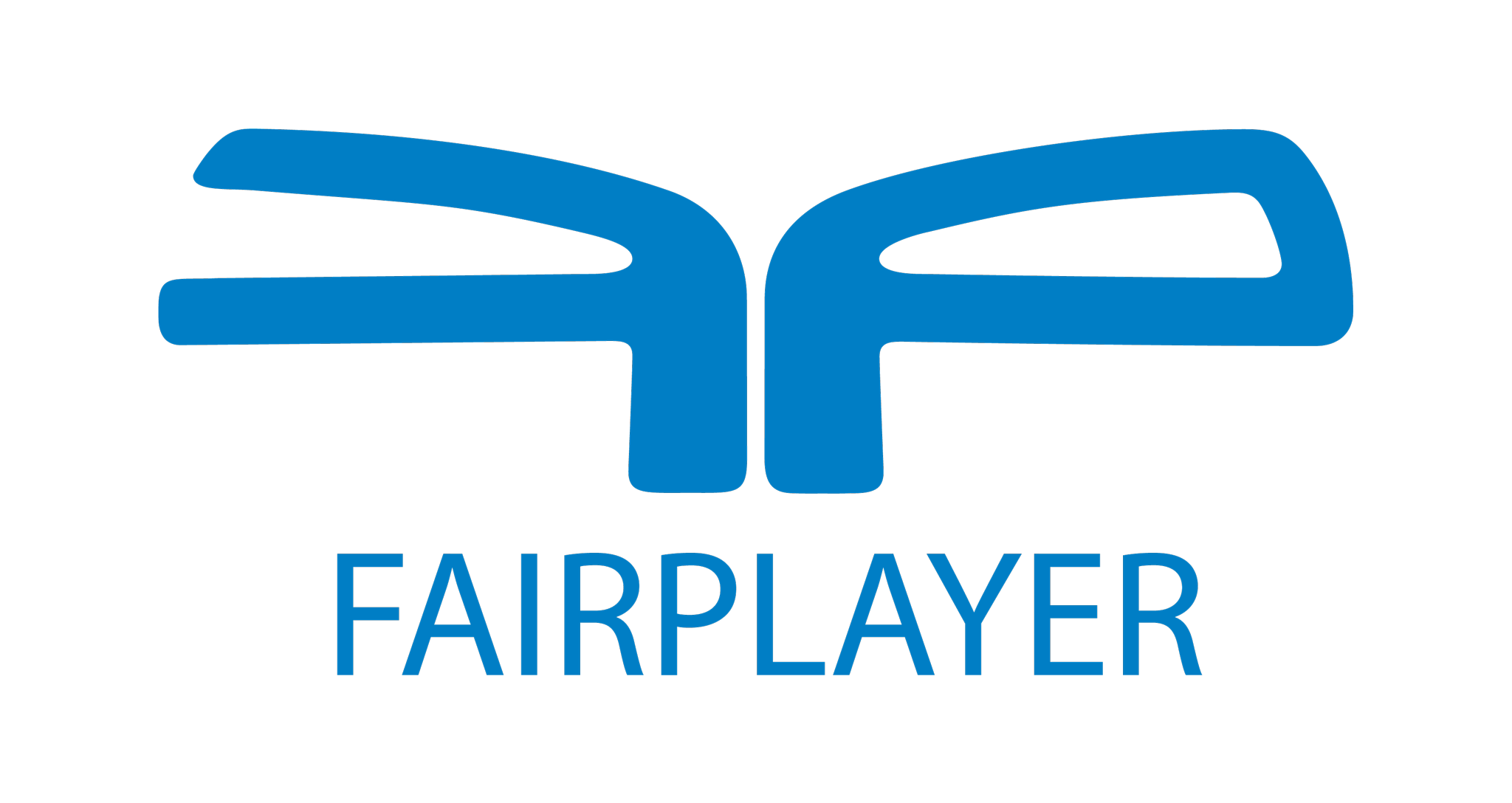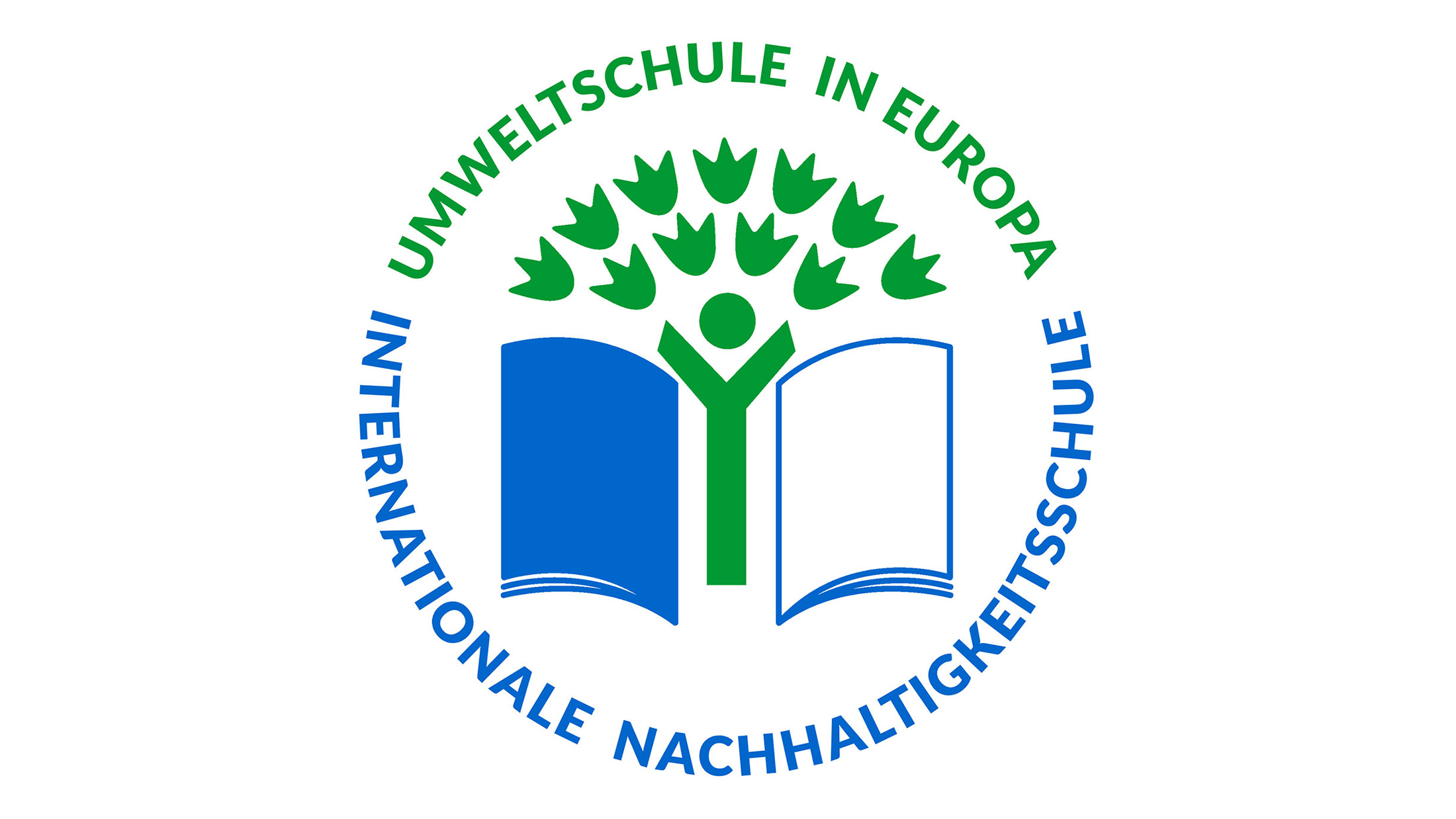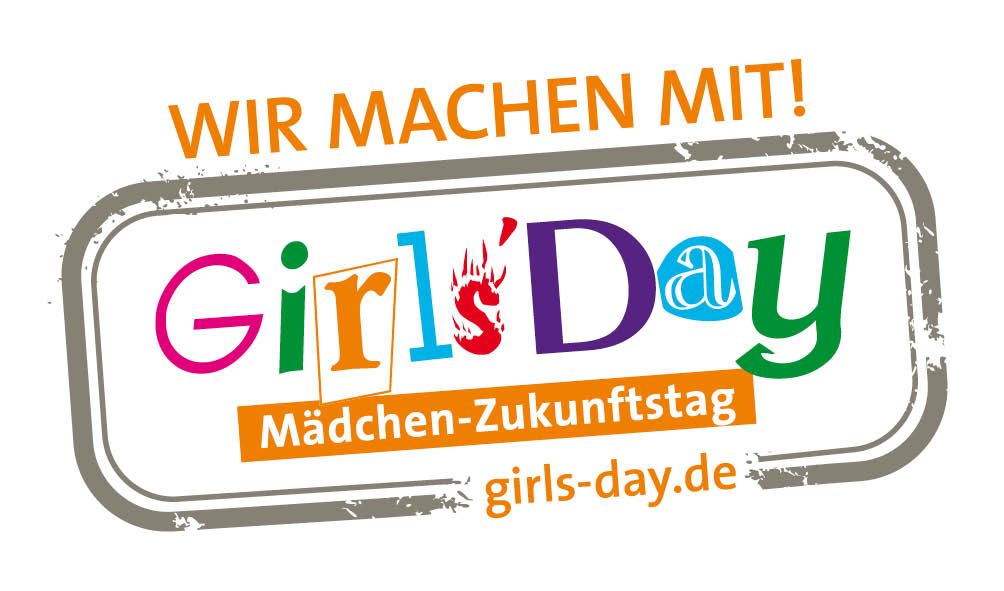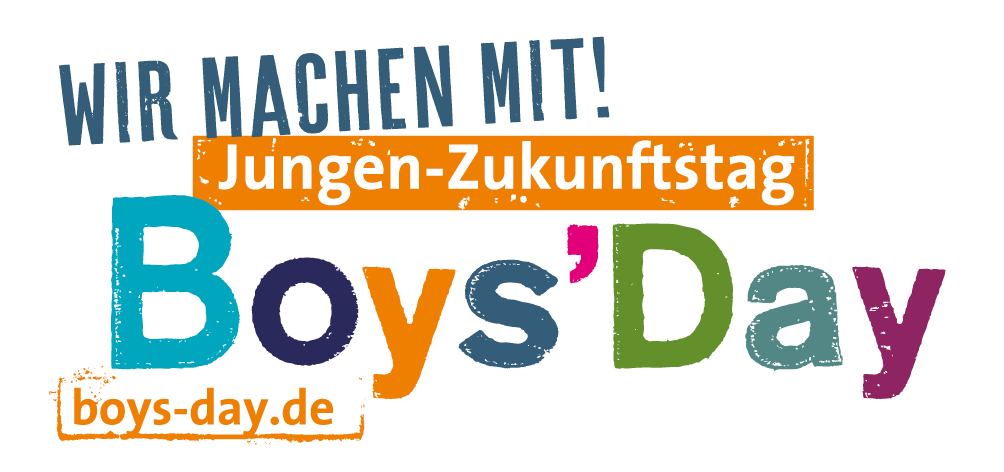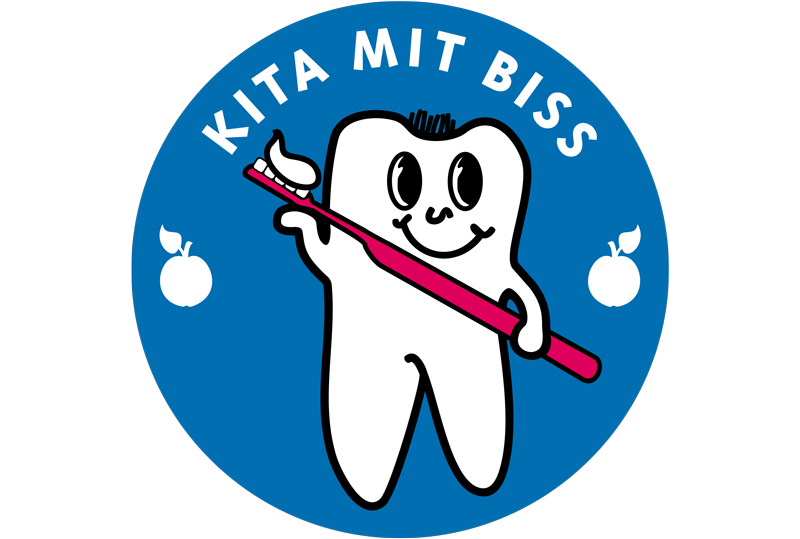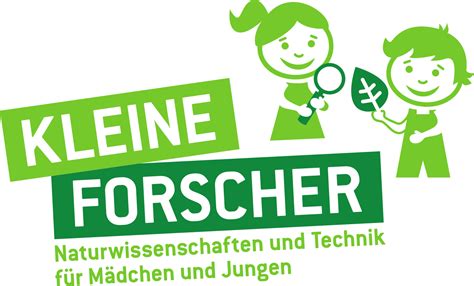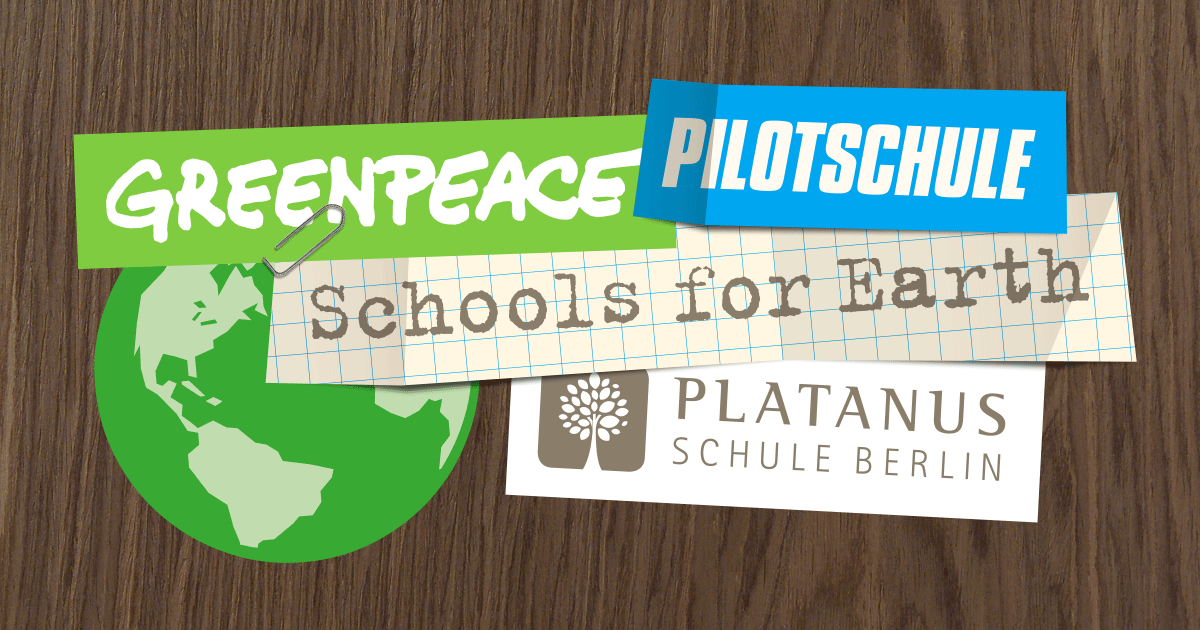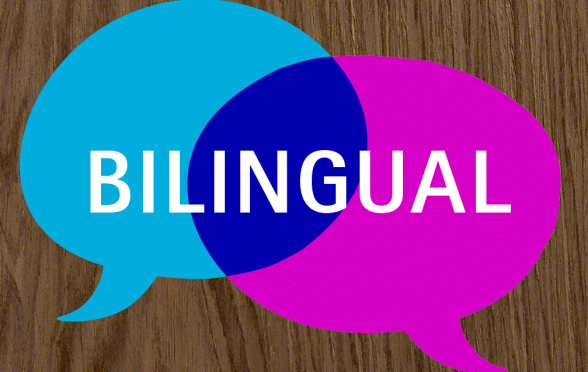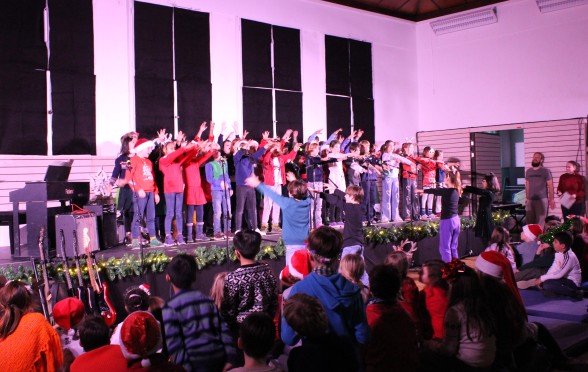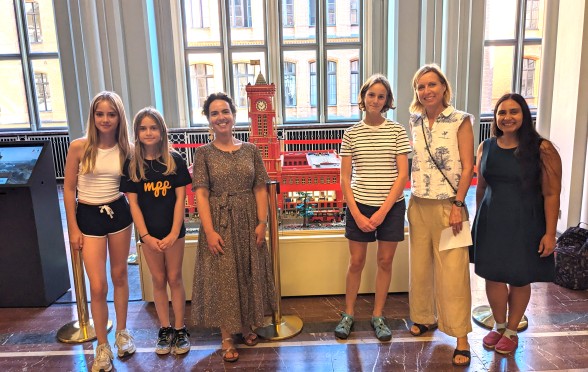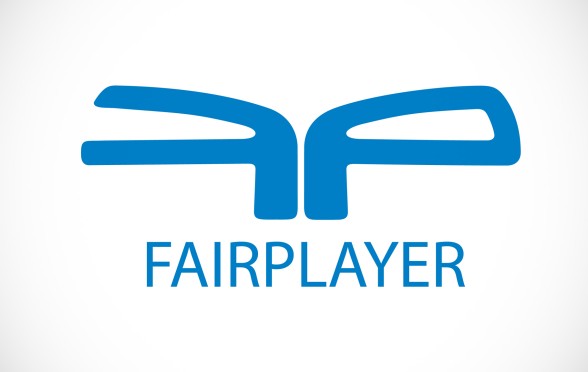We are Pilot School at “Schools for Earth”
In the last few months, we have discussed much and informed ourselves about what we as a school can do in concrete terms together with the children, young people and you as parents. We have already achieved or are on the way to achieving many projects, such as focusing our teaching on these topics, special project days and concrete concepts. We purchase green electricity from the provider Naturstrom and use only cloth towels, recycled toilet paper and foam soap. Our food supplier Löwenzahn offers a high percentage of regional and seasonal organic products in the side dishes and we only eat meat and fish once a week. We actively practise waste separation and from now on all school classes are responsible for the disposal of plastic waste from the classroom themselves. This will give them an overview of their own waste production and help them to think together about where and how they can reduce that waste. From May/June this year, our windows will be successively replaced throughout the building to ensure better heat and cold insulation, optimised sound insulation and improved ventilation. We have created a cold frame and a compost heap for our organic waste in our schoolyard garden and insect hotels are being built in the Werkstatt AG. All of our paper for printers, copiers and advertising materials have been converted to certified recycled paper and we have set Ecosia as an environmentally friendly search engine by default on all school computers (information at https://www.ecosia.org/). In addition, we’re making climate trees in all classes to showcase our plans and goals for this year and discuss what each individual can do in concrete terms.
However all this was not enough for us and we have been looking for more ideas. This year the organization Greenpeace has launched the nationwide school project “Schools for Earth” for the first time. The goal: at least 100 schools throughout Germany set out on the path to climate neutrality and become a role model for sustainability and climate protection. Greenpeace supports these schools not only in becoming climate-neutral and sustainable places of learning and living, but also at least in the equally important process of enshrining “Education for Sustainable Development” in teaching, school development and organization together with the entire school family.
For this project, Greenpeace has sought out pilot schools that benefit from the project modules developed specifically for “Schools for Earth” and from support services geared to the school world. From many applications from all over Germany, 14 schools have so far been selected whose applications were convincing and which meet all the necessary criteria.
AND WE’RE IN!
As one of four schools from Berlin the Platanus School was chosen as a pilot school. We are very happy about this, are looking forward to working closely with Greenpeace in the pilot phase this school year and possibly in the following one and a half to two years and now have much do.
With the help of Greepeace, we are creating our carbon footprint as a school and can then consider where we can further reduce CO2 (e.g. heating control, solar panels on the roof, optimization of processes and procurement) or how we can offset our carbon footprint (e.g. through tree planting projects or similar).
Together we are laying the foundation for an ambitious nationwide school project that not only makes a relevant contribution to climate protection and sustainability, but also has a positive impact on society with its positive dynamics.
Within this framework, we are also committed to being certified as an “Environmental School in Europe” at the end of this process.
There is much to do. Let’s get started!
